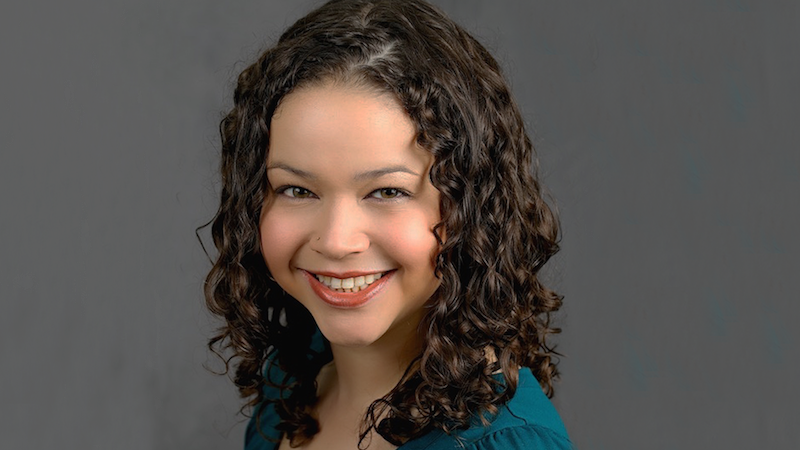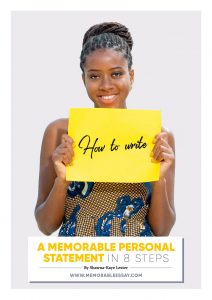“Don’t let the perfect be the enemy of the good.”
Dr. Laura Edwards graduated from Yale University with a B.S. in Molecular, Cellular and Developmental Biology in 2008, and from the Harvard Graduate School of Education with a doctorate in Human Development and Education in 2015. I asked her to share the wisdom she gained from her PhD journey, because she had been “vocal” on Facebook about overcoming myriad obstacles in order to complete that degree.
ME: Hi Laura, thank you in advance for sharing your wisdom. What did you pursue a PhD in, and why?
Laura: I did a PhD in education because I was interested in designing curricula for children with autism and other developmental disorders. As an undergrad, I had studied biology and participated in my school’s Teacher Preparation program. I spent time after undergrad doing autism research, but I didn’t have an extensive background in actual teaching. So I did my degree in education in the hope of getting the exposure necessary to do work translating neuroscience research into meaningful educational practice.
ME: What social support did you rely on to get through your program?
Laura: Pretty much everything I could find: I commiserated with friends and colleagues in my program, or in similar programs. I also asked students who were ahead of me in the program, or who had already graduated, how they dealt with obstacles similar to those I was encountering.
I was very open with my advisors when I was having issues in the program, such as when I needed to pick up extra jobs for money. I asked them about which grants to apply for, and spoke with them about what I was struggling with both academically and emotionally. I was lucky to have advisors with whom I could talk about these things most of the time.
I took advantage of university health insurance and got a therapist to talk with regularly about personal issues. Perhaps most importantly, I made sure to have a life outside of my academic one, so that it didn’t feel all-consuming, so that I was regularly interacting with people in fields other than academia, and so that I was therefore able to keep the experiences I was having in the PhD program in perspective.
ME: I am glad you found the support you needed, but it sounds like much of the journey was not so fun. What was the most enjoyable part of your PhD journey?
Laura: The autonomy that I had over my schedule and routines.
Laura’s Five Tips to Get to PhinisheD
-
- Don’t let the perfect be the enemy of the good.
- Keep up your work–life balance so you don’t get burned out; don’t apologize for or feel guilty about taking time off when you need it.
-
- This is not always possible, and it’s probably obvious but makes a huge difference: Take advantage of any opportunity you have to get paid for the research you’re already doing for your dissertation instead of taking on additional research assistant positions.
-
- Apply for any fellowships you might be eligible for, to eliminate the need to spend extra time “TFing” (being a Teaching Fellow) or “RAing” (being a research assistant) purely for money.
- Break big tasks (qualifying papers, dissertation proposals, your dissertation) into smaller steps that get you to your deadlines with a bit of time to spare. I think it’s preferable to have daily goals, such as “Write 1000 words every day.”
When you complete your daily goals you have made progress, you have a tangible stopping point every day, and you don’t have to feel guilty about stopping for the day even though you still have a long way to go.
ME: That daily goal method sounds efficient and encouraging. It reminds me of a book I recently started exploring, The One Thing. Focusing on writing 1000 words each day is just one thing that makes your future work easier. I love it.
Thank you again, Dr. Edwards. Congrats on the thousands of words you have written to be PhinisheD!
Dr. Edwards’ research focuses on the neural bases of learning in children with developmental disabilities, such as autism spectrum disorders (ASD), in order to inform the design and implementation of developmentally-appropriate curricula for these students. She is currently a postdoctoral fellow in the Educational Science Research Core of the Marcus Autism Center in Atlanta.
– Interviewed by Shawna-Kaye Lester



